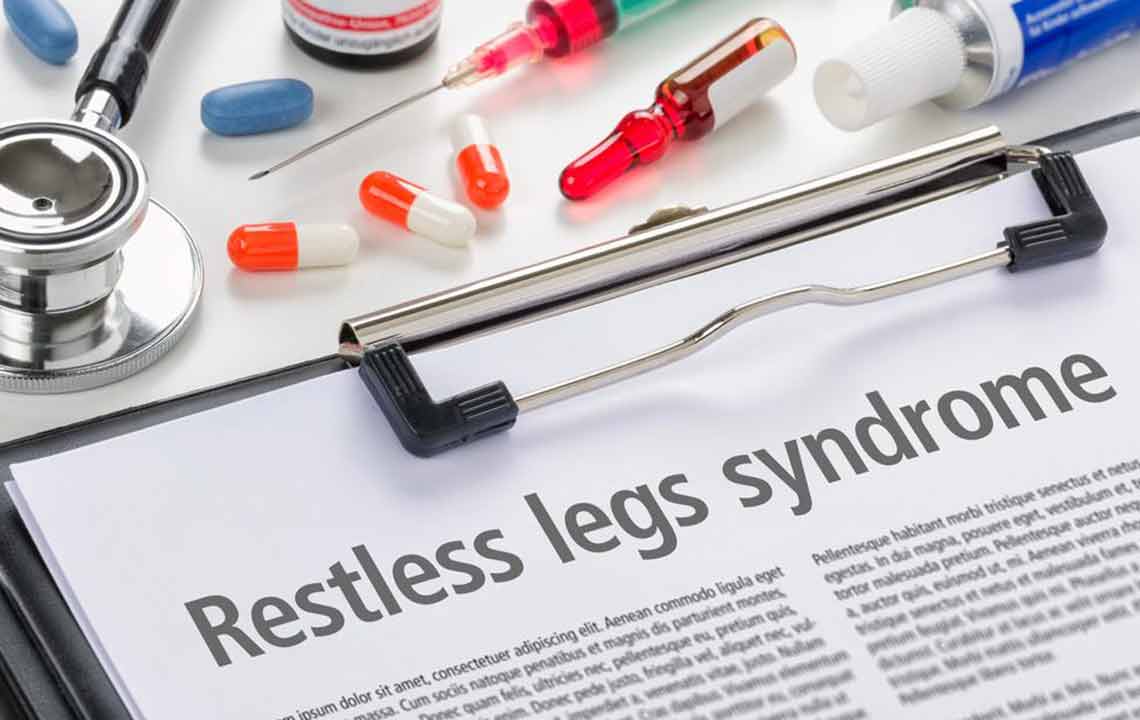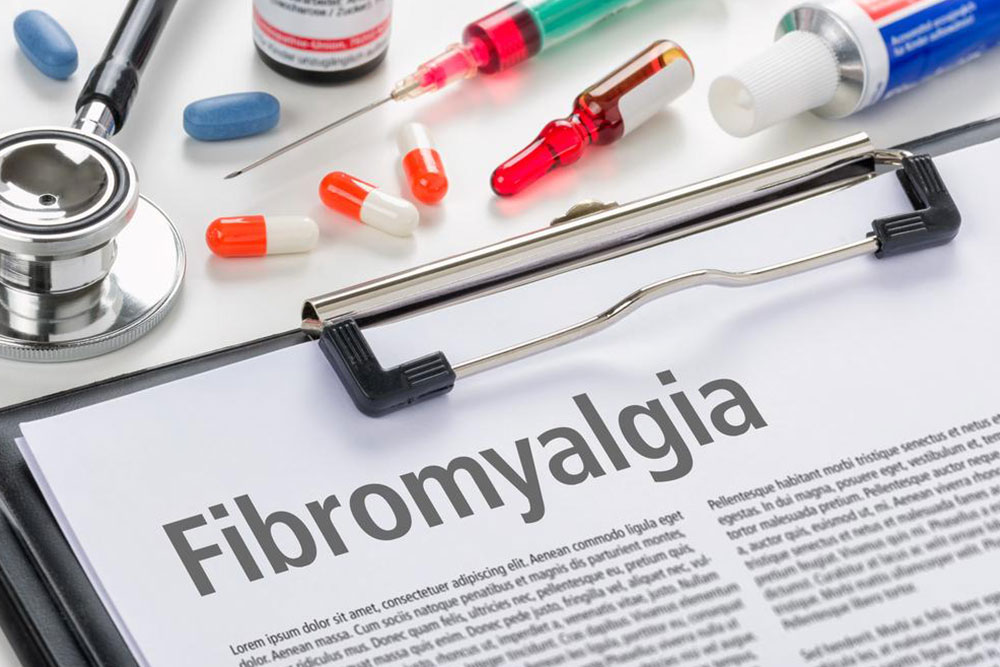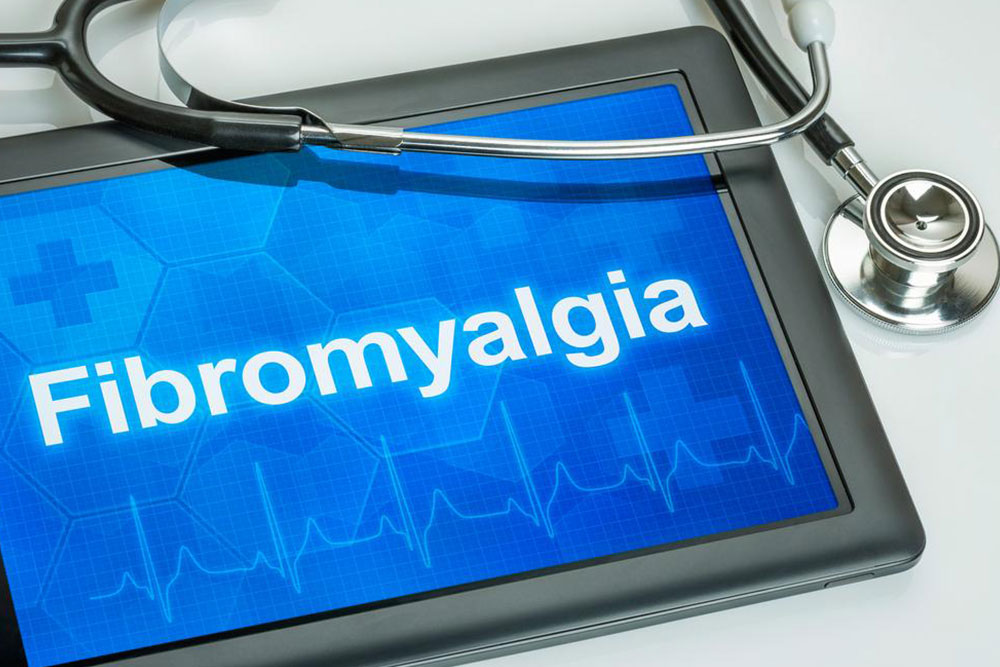Effective Strategies to Manage Fibromyalgia Symptoms
Discover effective ways to manage fibromyalgia symptoms through lifestyle changes. This guide covers exercise, sleep habits, stress reduction, and diet tips to improve quality of life. Consult your doctor for personalized treatment options and live more actively despite the condition.

Strategies for Managing Fibromyalgia Effectively
Persistent body aches are common but usually harmless. For some individuals, however, chronic pain, fatigue, and mental clouding—often called 'brain fog'—can significantly impact daily life. If you're experiencing these symptoms, it’s important to seek medical advice, as they may indicate fibromyalgia. A healthcare professional can perform tests to distinguish it from other conditions. Recognizing the symptoms early can lead to better management and improved quality of life.
Various factors like genetics, stress, injuries, or illness may contribute to fibromyalgia, though its exact cause remains unknown. Common signs include widespread pain, headaches, tiredness, and difficulty focusing.
While there is no cure for fibromyalgia, lifestyle adjustments can help control its effects. The goal is symptom management, as the condition can be disabling for some. Aside from medications and supplements prescribed by your doctor, lifestyle changes play a vital role.
Stay Active: Gentle aerobic activities, like walking, can reduce symptoms. Incorporate stretching before exercise and gradually increase intensity. Always consult your healthcare provider before starting new routines.
Improve Sleep Hygiene: Quality sleep boosts energy. Avoid caffeine and alcohol before bedtime, limit daytime naps, and maintain a consistent sleep schedule.
Explore Alternative Therapies: Massages can ease muscle tension, improve circulation, and enhance sleep quality.
Manage Stress: High stress levels may worsen symptoms. Practice relaxation techniques and avoid overexertion to stay balanced.
Adopt a Nutritious Diet: Eating well, cutting back on alcohol and caffeine, and staying hydrated can lessen symptoms and elevate mood and energy levels.
Your healthcare provider will conduct an assessment, including pressing on specific tender points, and recommend a tailored treatment plan. Meanwhile, these lifestyle tips can help you manage symptoms and enjoy a more active, fulfilling life.









